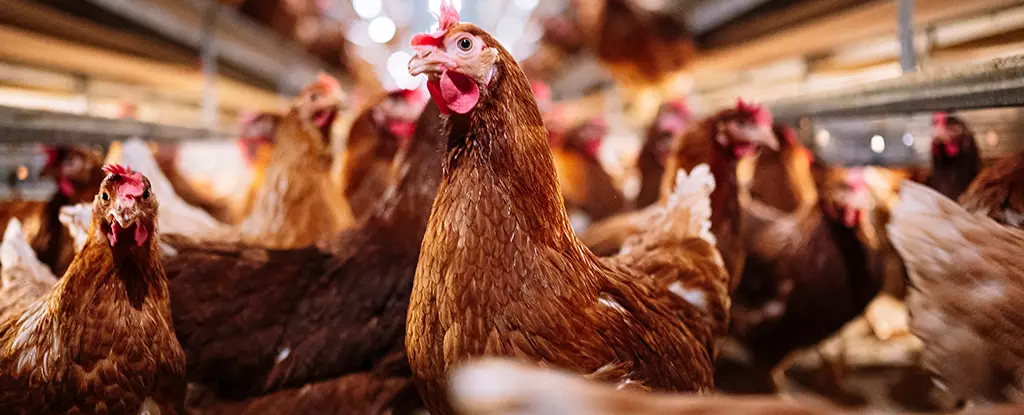An unfortunate incident in Mexico has raised alarms across the globe as a person recently died of bird flu caused by the H5N2 variant. This marked the first confirmed case of a human being infected with this specific strain, according to the World Health Organization (WHO). The victim, a 59-year-old individual, passed away on April 24 after experiencing symptoms such as fever, shortness of breath, diarrhoea, and nausea. Surprisingly, the person had no documented history of exposure to poultry or other animals, making this case even more mysterious.
Upon investigation, the WHO disclosed that the deceased individual had multiple underlying medical conditions, which might have contributed to the severity of the infection. The victim, who resided in the State of Mexico, was quickly hospitalised in Mexico City but unfortunately succumbed to the illness on the same day. The WHO emphasized that this incident is the “first laboratory-confirmed human case of infection with an influenza A(H5N2) virus reported globally,” underscoring the novelty and significance of the situation.
Despite efforts to trace back the source of exposure to the H5N2 virus, Mexican health authorities have not been able to identify a clear link, even though instances of H5N2 in poultry within Mexico have been documented. Moreover, the WHO maintained that connecting the human case to the poultry infections remains a challenge, even though some outbreaks were recorded in the State of Mexico and Michoacan state. The risk to the general population was deemed “low” by health experts, providing some reassurance amidst the uncertainty.
Mexico’s health ministry released a statement detailing the victim’s medical history, mentioning chronic kidney disease, type 2 diabetes, and systemic arterial hypertension as pre-existing conditions. Despite these health concerns, the ministry assured the public that there is no risk of contagion to the general population, as all samples from contacts of the patient tested negative for the virus. Authorities have intensified monitoring efforts in the vicinity of the victim’s residence to prevent further cases and have implemented a rigorous surveillance system to detect any potential wildlife infections in the area.
The incident in Mexico comes at a time when another strain of bird flu, H5N1, has been affecting dairy cow herds in the United States. Although some human cases have been reported, authorities have reaffirmed that the transmission is not from human to human but rather from cattle to humans. This highlights the need for enhanced surveillance and preventive measures to combat the spread of avian influenza globally.
The recent case of H5N2 bird flu in Mexico underscores the importance of prompt detection, containment, and information-sharing to prevent further outbreaks. While the source of the virus remains unclear, collaboration between health agencies and authorities is crucial to safeguard public health and mitigate the risks associated with emerging infectious diseases.


Leave a Reply